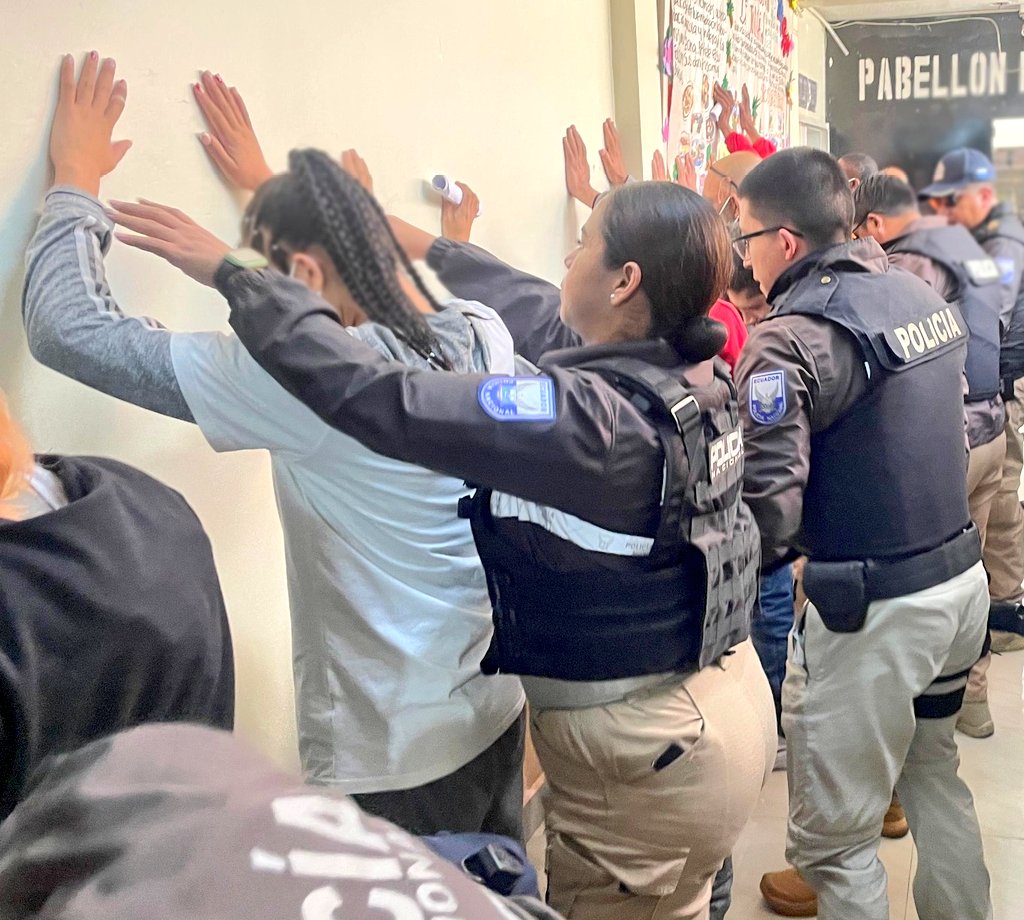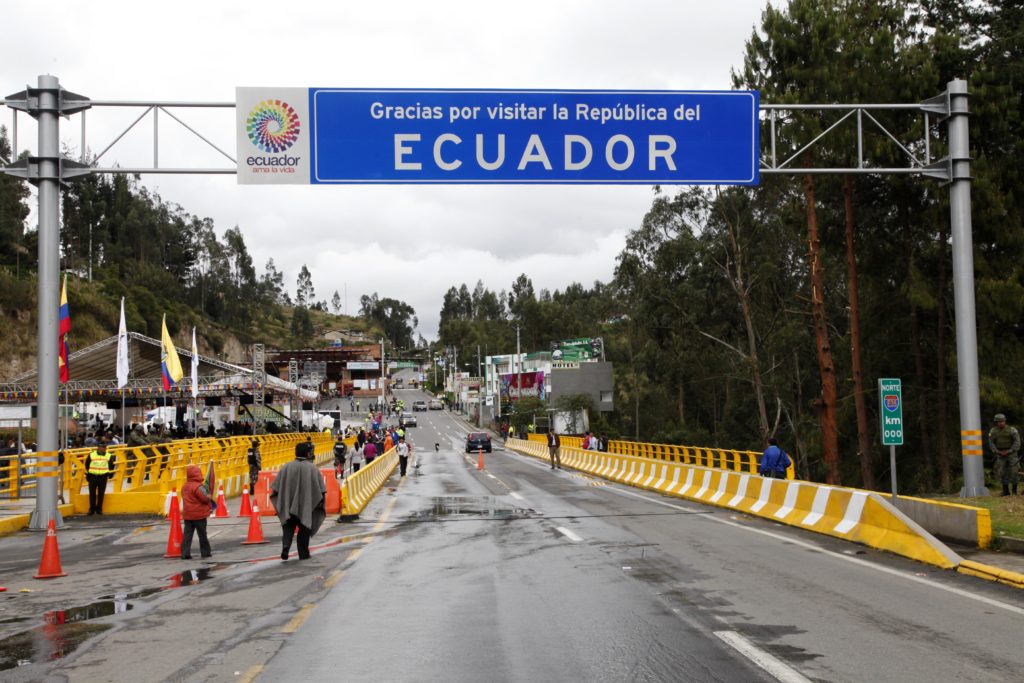
The repatriation of the first 13 Colombian prisoners from Ecuador has occurred. In compliance with what was announced a few months ago, the government of President Daniel Noboa began the return of Colombian nationals who are serving sentences in Ecuadorian prisons yesterday. The country experienced a security crisis in the prisons that led to the declaration of “internal armed conflict” last January.
Since then, Noboa’s government has been facing growing insecurity and the rise of criminal gangs. To ease the heavy pressure on its prisons, Ecuador controversially decided to deport foreign prisoners. President Petro’s government accepted this mass deportation but asked his Ecuadorian counterpart to follow the law and avoid an immediate transfer of all prisoners.
After three months, and in compliance with current protocols, the repatriations began yesterday. Both countries have been working on a case-by-case basis, as established in bilateral relations, to legalize the individual repatriation of each imprisoned person.
Repatriated prisoners held in Ipiales, Colombia
In this first delivery, 11 men and 2 women were guarded by Colombian security agents. For now, they are being held in the Ipiales prison, in the department of Narino, a border area with Ecuador. The idea of the entity managing the penitentiary centers is to distribute them to different prisons in the country.
“This is the first group of persons deprived of liberty of Colombian nationality to be repatriated to their country, in compliance with the bilateral agreements in force and the cooperation agreed between the Ministries of Foreign Affairs of Ecuador and Colombia for this purpose,” said the managing entity of the Ecuadorian prisons.
According to reports, all of those deported were serving sentences for trafficking illicit substances in Ecuador. The sentences they are serving range from as long as 10 years to as short as one year and eight months in prison.
Following protocols
During the prison crisis in the first weeks of the year, Noboa made reference to the support offered by President Gustavo Petro. “Colombia said they wanted to help us. I told them: perfect, we can send them 1,500 prisoners that we are keeping in Ecuadorian jails. They already have sentences of five years or more carried out and, according to Ecuadorian law, we can take them out. We can take those 1,500 and leave them at the border, and thank you very much, stay over there,” said the Ecuadorian president.
The Colombian government’s response was to ask for restraint in Ecuador’s measures. They accepted the repatriations, but in compliance with the law, and asked to study each prisoner on a case-by-case basis. This process took three months, with the actual reparations only now beginning with the first 13 deportations.
These repatriations were coordinated between the two countries as part of the Ecuadorian president’s strategy to reduce the security and prison crisis in Ecuador. The Colombian Minister of Justice, Nestor Osuna, had already announced their early implementation, following the meeting of the two countries’ foreign ministers.
“We have decided that initially in this first month and in this first operation, there will be 13 Colombian persons sentenced in Ecuadorian prisons who will be repatriated in the next few days and that we will receive them in Colombian prisons,” said the minister at the time.
There are still many foreign prisoners pending deportation. Of the 1,500 announced in January by President Noboa, the vast majority are Colombians and Venezuelans. In the coming weeks, it is expected that the transfers of these people will continue.

See all the latest news from Colombia and the world at ColombiaOne.com. Contact our newsroom to report an update or send your story, photos and videos. Follow Colombia One on Google News, Facebook, Instagram, and subscribe here to our newsletter.

